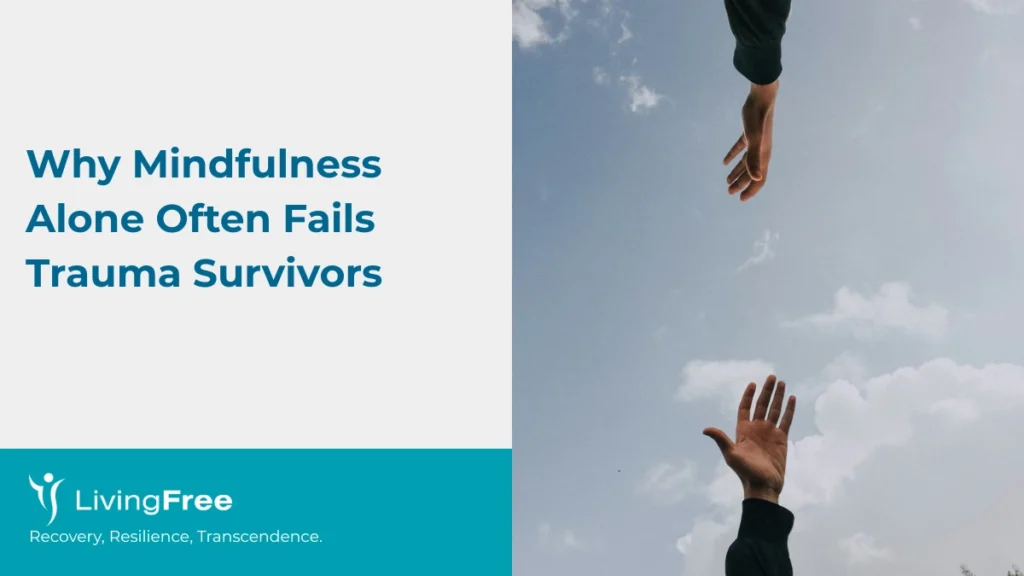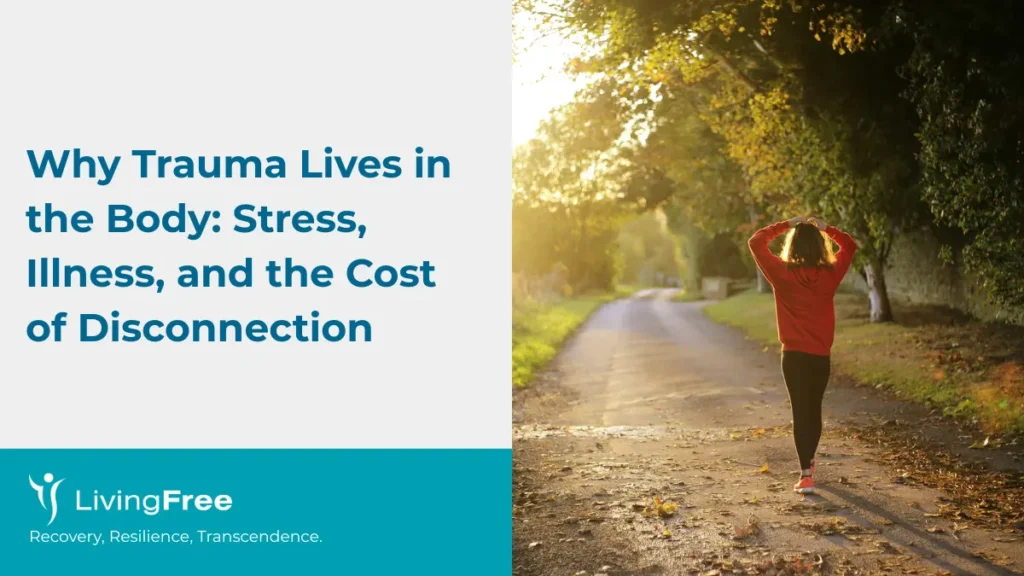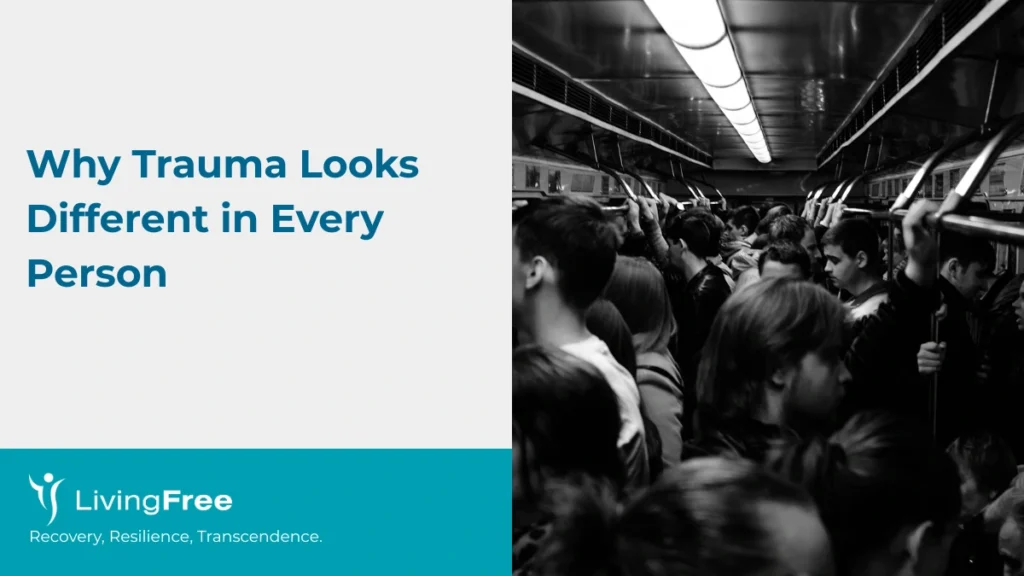How Trauma Shapes Relationships, Identity, and the Way We Connect

Trauma recovery is often described as symptom relief. Better sleep. Less anxiety. More regulation. But for many people, the deeper impact of trauma shows up somewhere else entirely. In relationships. In self-image. In the sense of who they are and how safe it feels to exist with others. As Reshie explains in the conversation: “Trauma […]
Why Healing Can Feel Worse Before It Feels Better

One of the most distressing experiences in trauma recovery is the moment people realise they feel worse after starting to heal. Symptoms intensify. Emotions surface. The body feels less predictable. Many people assume this means something has gone wrong. They ask: “Why am I struggling more now?” “Did I make a mistake by opening this […]
Why Rest Feels Unsafe for Trauma Survivors

For many people, rest is supposed to feel restorative. Lying down. Slowing breathing. Doing nothing. But for trauma survivors, rest often feels uncomfortable, anxiety-provoking, or even frightening. Instead of calm, the body becomes restless. Thoughts speed up. Sleep feels shallow or broken. As Reshie explains in the conversation: “For a nervous system shaped by threat, […]
Why Symptoms Fluctuate During Healing

One of the most unsettling parts of trauma recovery is inconsistency. One week, symptoms ease. The next, anxiety spikes, sleep worsens, or old reactions return. Many people interpret this as failure. They think: “I was doing better.” “Why is this coming back?” “Did I do something wrong?” But symptom fluctuation is not a sign that […]
Capacity, Pacing, and Titration: Why Slower Is Often Safer in Trauma Recovery

One of the most common misunderstandings in trauma recovery is the belief that healing happens faster if you push harder. People want relief. They want progress. They want the symptoms to stop. This urgency is understandable. Living in a dysregulated nervous system is exhausting. But trauma healing does not respond to pressure. It responds to […]
Why Safety and Regulation Must Come Before Trauma Processing

Many people come to trauma therapy with a clear goal. They want to process what happened. They want to talk about it, understand it, or finally move past it. This is completely understandable. But trauma healing does not begin with processing. It begins with safety. As Reshie explains in the conversation: “You can’t process trauma […]
Introduction to Living Free and Internal Family Systems: A Conversation with Reshie & Katrina

Reshie introduces Living Free, the clinic’s trauma-focused approach, and Katrina’s background in Internal Family Systems therapy. Katrina also shares how yoga teacher training helped her understand the deep link between mind, body, and spirit.
Why Mindfulness Alone Often Fails Trauma Survivors

Mindfulness is often recommended as a solution for stress, anxiety, and emotional overwhelm. For some people, it helps. But for many trauma survivors, mindfulness can feel frustrating, ineffective, or even destabilising. As Reshie explains in the conversation: “Mindfulness assumes the nervous system can safely turn inward. For many trauma survivors, that isn’t true yet.” This […]
Why Trauma Lives in the Body: Stress, Illness, and the Cost of Disconnection

When people think about trauma, they often think about thoughts, memories, or emotions. They rarely think about digestion, breathing, muscle tension, immune health, or chronic fatigue. But trauma does not live only in the mind. It lives in the body. As Reshie explains in the conversation: “The nervous system doesn’t just store experience as memory. […]
Why Trauma Looks Different in Every Person

One of the most confusing aspects of trauma is how differently it shows up from person to person. Two people may experience similar events, yet one develops panic attacks while the other feels emotionally numb. One becomes hyper-alert and reactive. Another shuts down, disconnects, or feels nothing at all. As Reshie says in the conversation: […]

